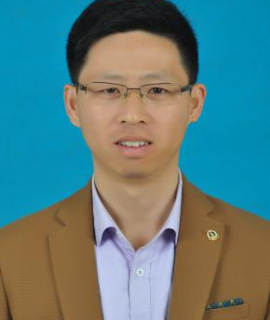Title : Weakening Ethanol Synthesis Capacity of Saccharomyces cerevisiae with Randomly Mutated SPT15 Transcription Regulator
Abstract:
With the global warming,over recent decades, the alcohol concentration of wines produced by many warm regions around the world has increased by approximately 2% (v/v). There is significant interest in the wine industry to develop methods to reduce the ethanol content of wine. Generally, microbiological strategies relating to the isolation and/or generation of the yeast strains used to make wine have proved to be the simplest and most economical methods, including Saccharomyces cerevisiae and non-conventional yeast species. In this study, we used global transcriptional machinery engineering (gTME) technology, based on the mutation of the SPT15 gene, to weaken the capacity of S. cerevisiae to produce ethanol and ultimately created a new strain of S. cerevisiae (YS59-409) , with ethanol-production capacity reduced by 34.9% compared to the control strain. Sequence analysis was performed on the mutated SPT15 gene, demonstrating that the five mutation sites (Ile46Met, Asp56Gly, Ser118Pro, Tyr195His and Leu205Ser) may work collectively, or at least partly, to create the specific characteristics of YS59-409, including a higher CO2 release, biomass, and glycerol formation. The integration of RNA-Seq and metabolomics analysis showed that the specific phenotype of the new mutant strain featured changes in ribosome biogenesis, nucleotide metabolism, glycolysis flux, the Crabtree effect, NAD+/NADH homeostasis, and energy metabolism. Furthermore, two genes related to energy metabolism, RGI1 and RGI2, were found to be associated with the weakened ethanol production capacity, although the precise mechanisms involved need to be further elucidated. In summary, this study highlights the potential to use gTME technology to reduce the ethanol content of yeast for the wine-making industry.



